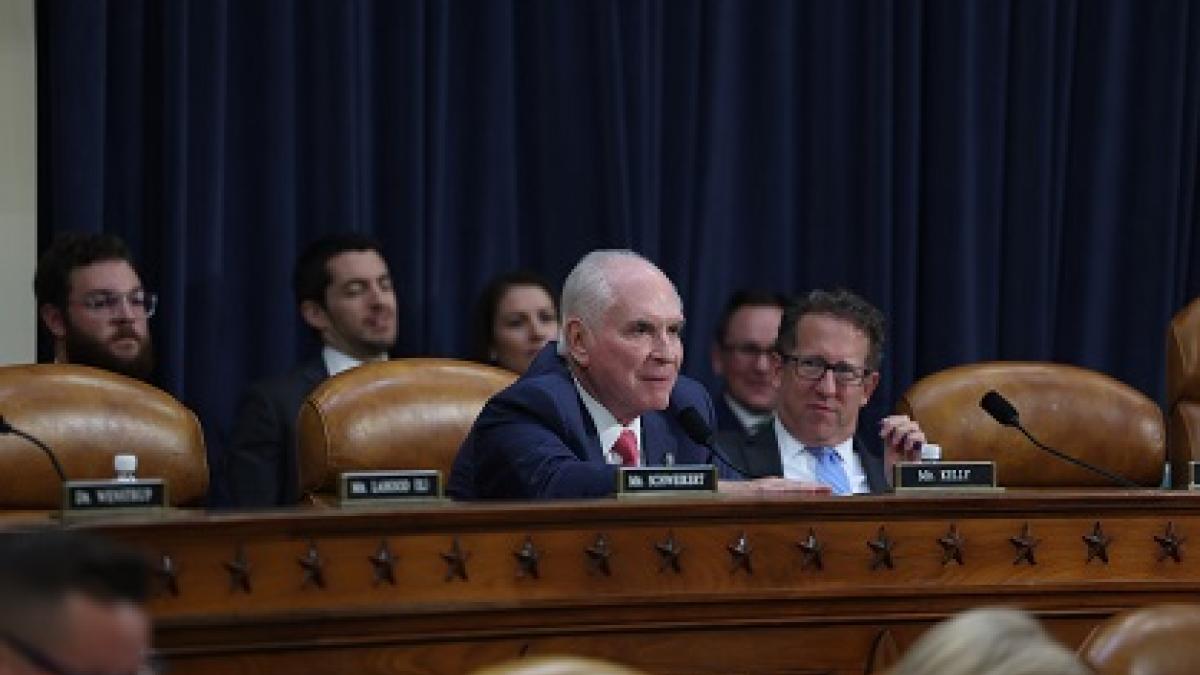Kelly touts Educational Choice for Children Act, empowering parents & children during Ways & Means hearing

WASHINGTON, D.C. -- During a Ways & Means Committee hearing on Wednesday, U.S. Rep. Mike Kelly (R-PA), Chairman of the Ways and Means Tax Subcommittee, highlighted the Educational Choice for Children Act, critical legislation he supports that would empower parents and expand their children's K-12 educational options. Kelly also highlighted the importance of school boards and parents' rights.
The hearing, titled "Educational Freedom and Opportunity for American Families, Students, and Workers," examined the need for increased educational opportunities for children in both K-12 and post-secondary education. Among the proposals the Committee highlighted are 529 accounts -- a tax-advantaged savings account designed to be used for the beneficiary's education expenses -- to address America’s skilled labor shortage by expanding 529s to cover skilled trade or licensing programs.
"Children are 25% of our population, but they are 100% of our future," Rep. Kelly said. "We must give parents and children every opportunity to pursue the education that is best for them and that puts them on the best path forward from day one. Whether the job requires a high school diploma, a post-secondary degree, or a different certification, everyone deserves a high-quality education that sets them up for success. Education is the key to everything."
Prior to serving in Congress, Rep. Kelly served on the Butler Area School Board for four years.
WATCH: You can watch Rep. Kelly's speech during Wednesday's hearing here.
About the 'Educational Choice for Children Act'
- Provides $10 billion in annual tax credits to be made available to taxpayers. Allotment of these credits to individuals would be administered by the Treasury Department.
A base amount will be set for each state and then the credits are distributed on a first-come, first-serve basis. - Uses a limited government approach with respect to federalism, thus avoiding mandates on states, localities, and school districts.
- Includes provisions that govern Scholarship Granting Organizations (SGOs), as SGOs are given the ability to determine the individual amount of scholarship awards.
- An estimated two million students in any elementary or secondary education setting, including homeschool, are eligible to receive a scholarship. Eligible use of scholarships awards includes tuition, fees, book supplies, and equipment for the enrollment or attendance at an elementary or secondary school.
The Educational Choice for Children Act has received the endorsement of the Invest in Education Coalition, American Federation for Children, U.S. Conference of Catholic Bishops, Heritage Action, Home School Legal Defense Association, Agudath Israel, Orthodox Union, Association of Christian Schools International, CAPE, Excel in Education, and former U.S. Secretary of Education Betsy DeVos.